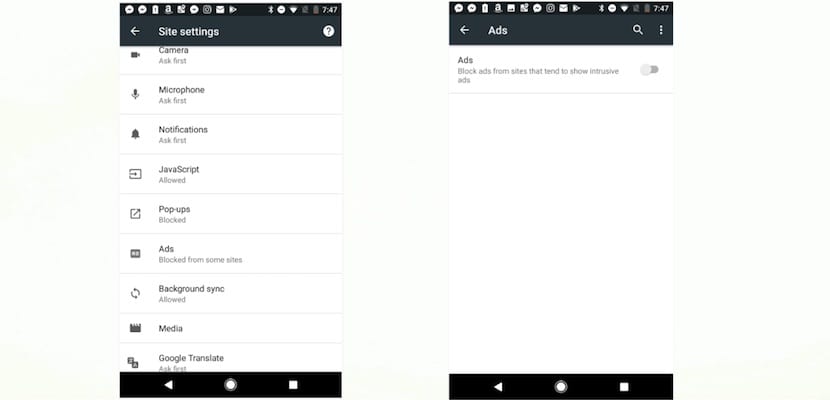
The Google app Chrome Canary for Android has started to activate gradually for some users a native ad blocker that, potentially, could be incorporated in some next version of the Chrome browser also for desktop computers.
Chrome Canary is a special version of the popular Google Chrome browser created precisely to test those new functions and features that are not yet ready to be released to the "official" browser and to the general public. Consequently, not all the news that are shown here end up being implemented in Chrome.
Google blocking ads? Yes but ...
In early 2017, The Wall Street Journal published that the search giant planned to develop and implement its own ad blocker in its Chrome browser. This blocker would work on smartphones and tablets as well as desktop and laptop computers. After half a year with that information in the air, Google has started to activate that ad blocker in the app Chrome Canary, in such a way that is still in the testing phase and only for some users.

The great paradox of all this is that basically Google lives on advertising; more than 80% of its income comes from its ad platform, so it could be a bit contradictory however, the company has already pointed out that its ad blocker it will only work on those ads that deteriorate the user experience, from which we can deduce that it will exclude the ads that are part of its Adsense advertising platform.
In any case, it is not yet an official feature and there are many news that, after going through Chrome Canary, have disappeared without pain or glory, so Google is not guaranteed to eventually incorporate an ad-blocker into its browser. But, if you do, what would you think of this function? Do you prefer a native blocker that excludes Adsense ads or would you continue to use yours?